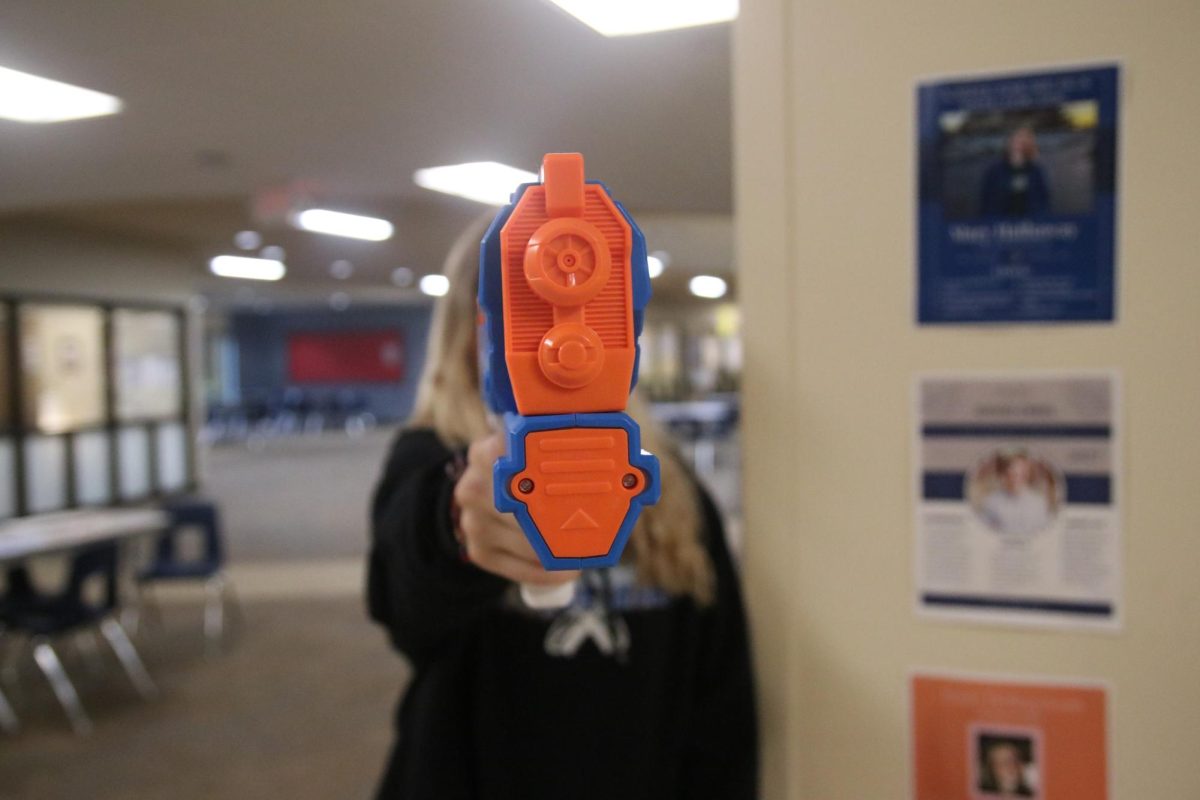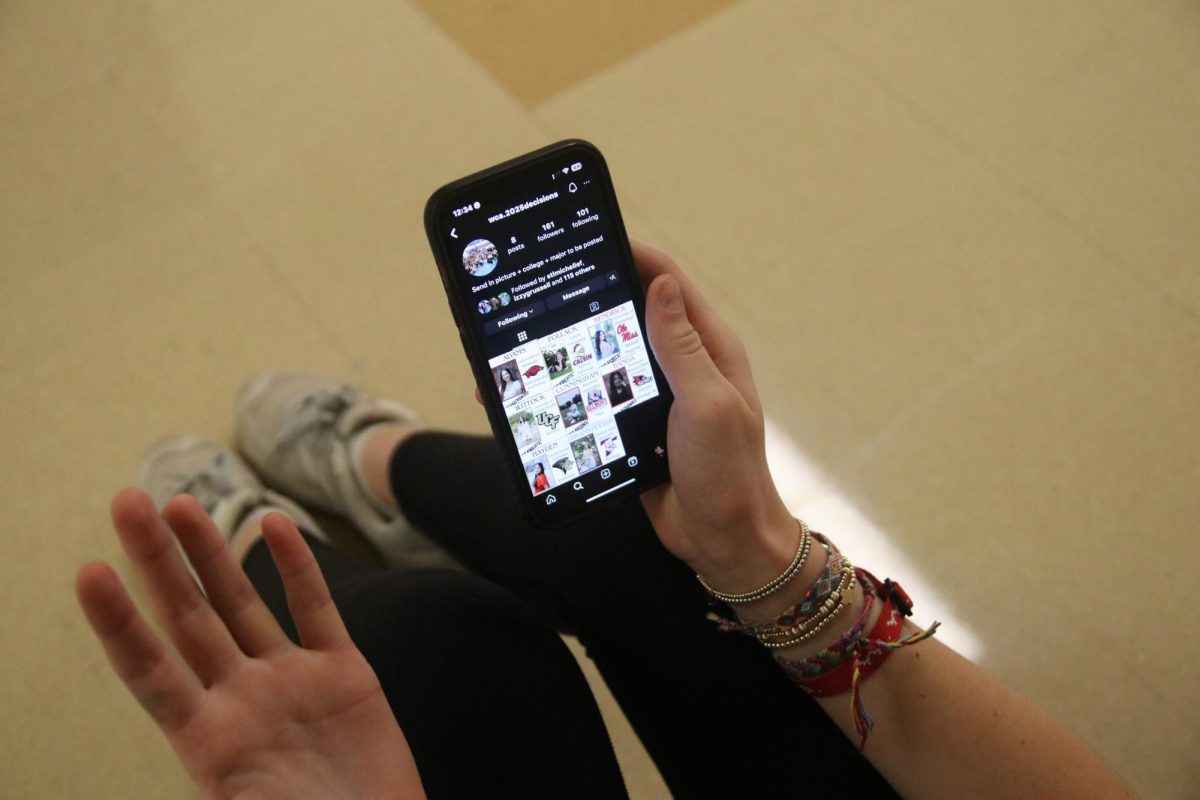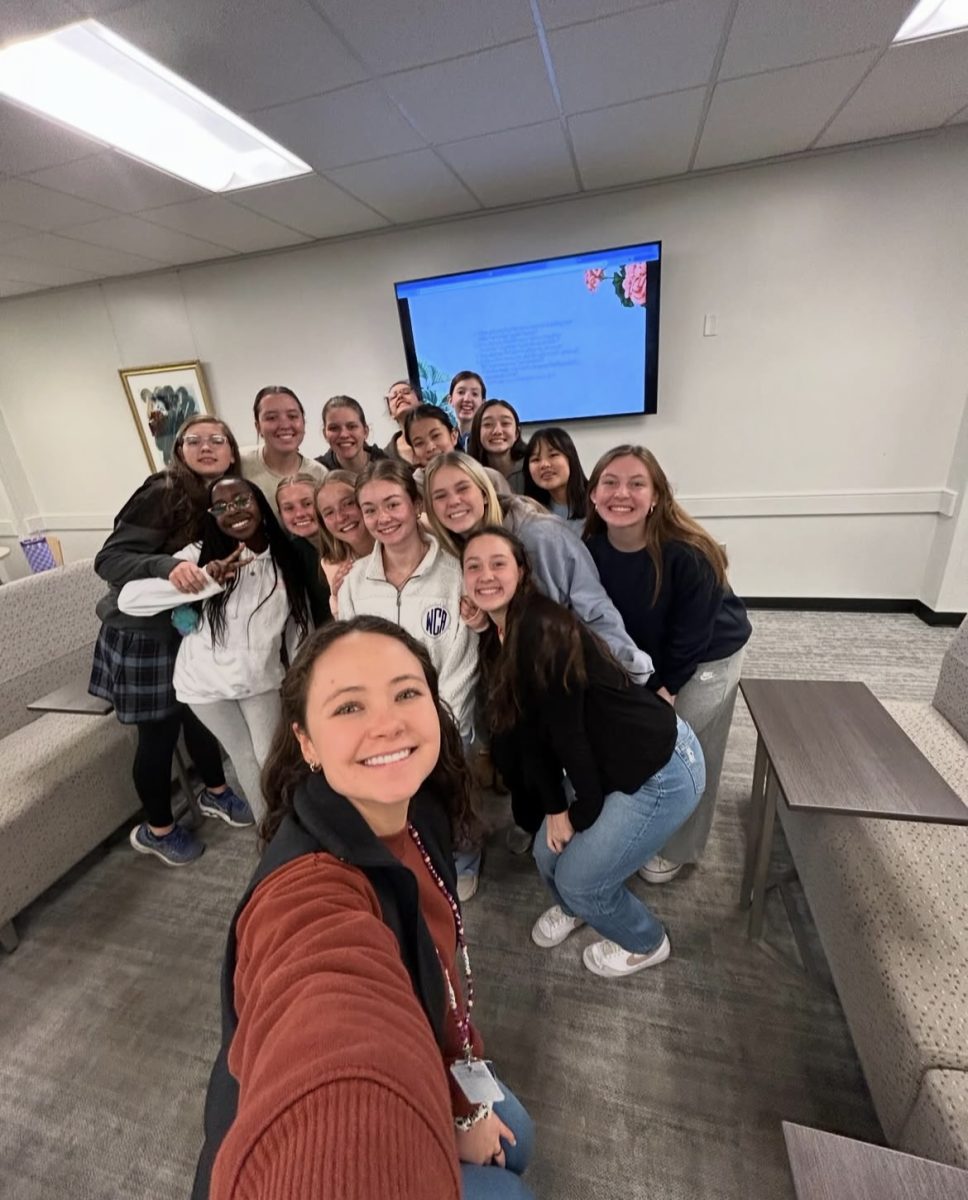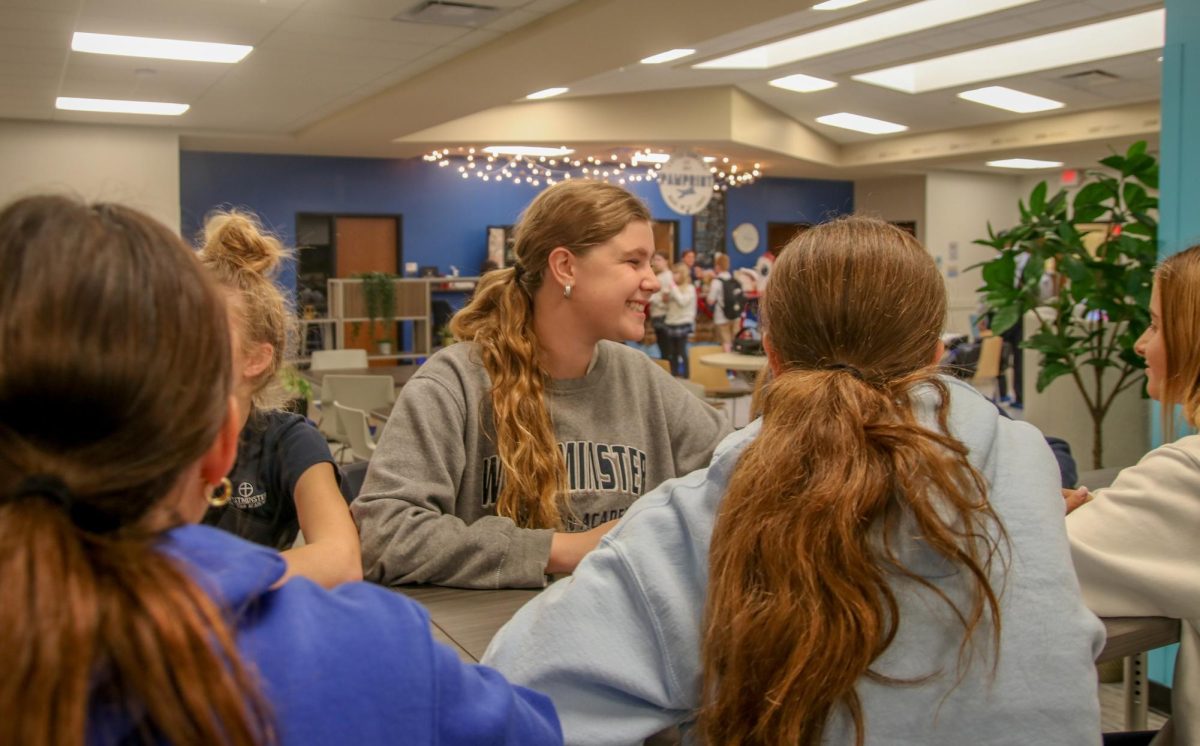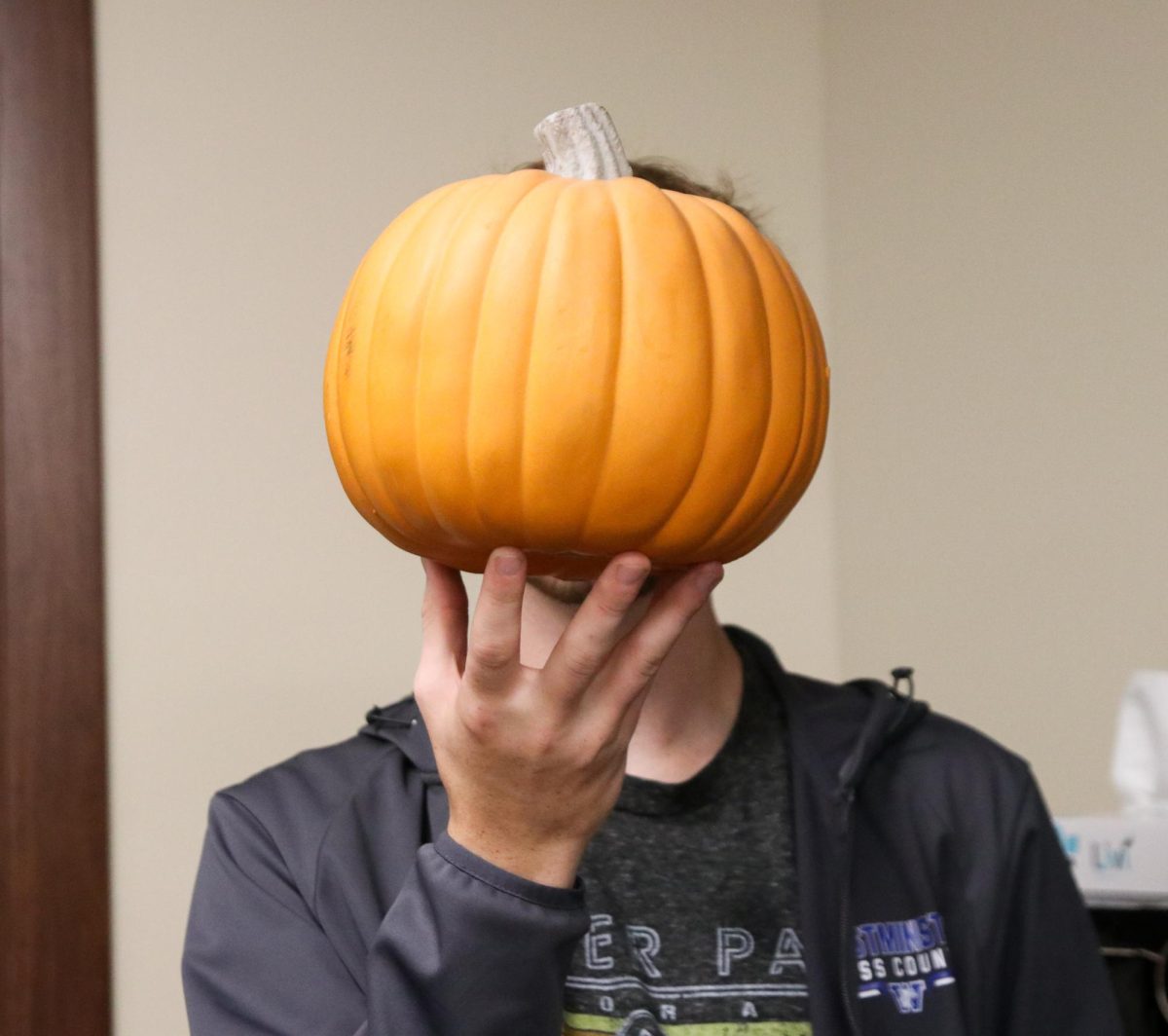When you stand at that ballot booth on election day you are making an important decision for the entire country; yet many do not even know that their vote does not go to the candidate whose name is on the ballot.
Your vote in the presidential election, contrary to popular belief, does not go towards any specific individual. You are voting for a party and that party has selected a lineup of electors for each state. The winning party of a state gets to have their electors vote directly for the candidates.
However, not every state has the same number of electors. According to a document from the National Archives, it is based on a State’s members of congress:
“The Electoral College consists of 538 electors. A majority of 270 electoral votes is required to elect the President. Your State has the same number of electors as it does Members in its Congressional delegation: one for each Member in the House of Representatives plus two Senators[…] The District of Columbia is allocated 3 electors and treated like a State for purposes of the Electoral College under the 23rd Amendment of the Constitution.”
How is this different from a popular vote? Well, most states operate on a winner-takes-all system. This means that if a party wins fifty-one to forty-nine percent in a state they still get all of the state’s electoral votes. There are only two exceptions according to the Election Assistance Commission:
“[W]hichever presidential ticket gets the most popular votes in a State wins all the Electors of that State. [The two exceptions to this are Maine and Nebraska where two Electors are chosen by statewide popular vote and the remainder by the popular vote within each Congressional district].”
Maine and Nebraska run a popular vote for the two senator votes and then the same congressional districts that vote for the House of Representatives get to vote for the party of their own electors.
Why go through this process in the first place? The problem with the popular vote is that it does not accurately represent the different demographics throughout the country. The more populated states will steamroll the rural states in the election. The electoral college uses the senator votes to give each state value in the election, and it uses the votes from the house of representatives to ensure that the people of the populated states matter as much as those of the less populated states.
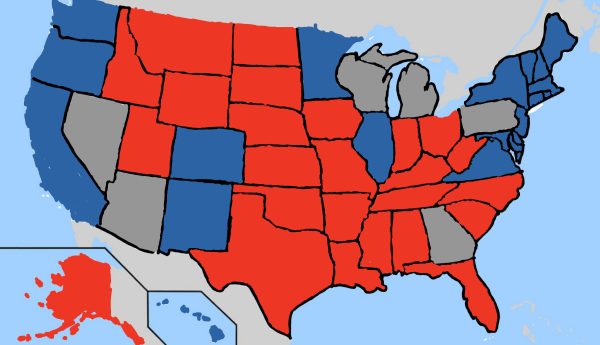
How do I know that the elector will vote for my candidate? The answer depends on your state: There are fifteen states that have no laws about faithless electors, sixteen states will coin the vote, fifteen states will void the vote, two states will count the vote with a fine to the electors, and two states will void the votes with a fine. There have been propositions for a federal law about faithless electors, but as of this moment there are none.
It is important to understand the system by which your president is elected so that you do not get confused this election day if the winner loses the popular vote. Although the electoral college is a national system, the laws are different by state so be sure to study your state’s specific laws and understand what determines your state’s electors and therefore your presidential votes.



